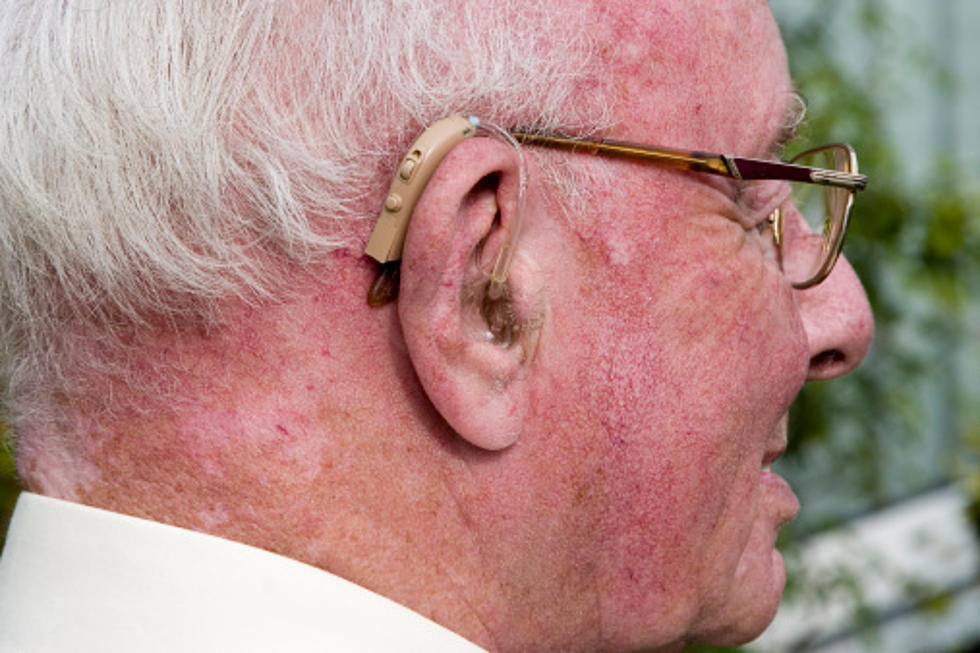
MSU music technology student participates in 2019 Composing in the Wilderness summer program
BOZEMAN — In July, Montana State University undergraduate student Jordan Stevenson had the opportunity to combine her two passions into one experience: exploring the outdoors and composing music.
The junior music technology major attended the 2019 Composing in the Wilderness residency program in Alaska and was one of 10 composers to participate. The residency program ran July 9-26 and is presented annually by the Fairbanks Summer Arts Festival in collaboration with Alaska Geographic and the National Park Service. Stevenson and her colleagues spent two and a half weeks in Fairbanks, Denali National Park and Yukon-Charley Rivers National Preserve, using their experiences to compose original chamber music.
“I am definitely one for hiking back home but I had never seen nature in that way before, with all these different perspectives we got from our guides,” said Stevenson, who is from Hobson, Montana. “I think it was one of the most valuable parts of the trip, being able to see the incredible landscape of the park.”
The composers stayed at a field camp in Denali and were led by guides – who taught them about biology, social science, archeology and history – to survey the wilderness. The group went on hikes and were given lengths of time for creative reflection — learning to take in their surroundings and channel them in a new, creative way.
After the explorations, the composers had three days to write an original piece of music to be performed live at the Denali Visitors Center as well as at the Fairbanks Summer Arts Festival. The music was performed by the festival’s resident music ensemble, Corvus, which is led by violinist Andie Springer and flutist Katie Cox, both based in New York, and features a rotating selection of their colleagues.
For her piece, Stevenson was inspired by a particular rock formation in the park that she discovered at the top of a hike. She described it as a harsh, forceful place where two tectonic plates collided to create something chaotic yet beautiful. In her piece, “I Am Denali,” Stevenson conveys the juxtaposition of the elegance and turmoil of the scenery and how there is beauty in chaotic processes.
“A lot of the sightseeing and experiences culminated into that certain inspirational point, but just seeing that particular landscape and seeing it on top of this really hard hike, these impressive rocks, being a part of this beauty is what really inspired the piece,” Stevenson said.
The writing process was a challenge for Stevenson, who had only written one piece of chamber music in the past for her acoustic composition class at MSU. She’d had four months to work on that piece, instead of the three days allotted for composition in Alaska. Each composer selected a musical ensemble out of a hat, and Stevenson chose to write music for violin, cello and alto saxophone. Stevenson was also the only undergraduate in the program but said her colleagues were incredibly helpful in guiding her through the writing process. Most of the other composers had played music professionally and were working on their master’s degrees or doctorates.
“It was a really great working environment to learn from those people who know a lot more than me,” Stevenson said. “They were willing to share their knowledge, give me feedback and let me give them feedback, which I thought was a really cool thing.”
Stevenson’s residency was funded by an MSU Presidential Emerging Scholar grant, which recognizes an undergraduate student’s potential for success. It is designed to target students with untapped talents and students who are on the brink of academic success in need of inspiration and encouragement, or those who could benefit from an opportunity to grow beyond their own expectations.
“The program opened Jordan’s ears to a variety of sounds, different approaches to composition and new musical inspiration,” said Jason Bolte, Stevenson’s professor and the coordinator of music technology in the School of Music in MSU’s College of Arts and Architecture. “The residency has stoked her passion to create new music, which is essential for a young composer. Jordan’s experience through Composing in the Wilderness will be invaluable for her as she develops her musical craft and creativity.”
Stevenson’s long-term goal is to become a composer and write scores for film or for video games. The Composing in the Wilderness opportunity has given Stevenson an insight into both the world of composing and also her own musical capabilities.
“To know I can write in a short time frame will really allow me to progress quicker as a composer because I don’t have to focus so much time on thinking how to create,” she said. “I just have to write one thing and it’ll give me more time to actually work on and develop the piece. I never thought I could do that.”
- Meaghan MacDonald, MSU News Service -









